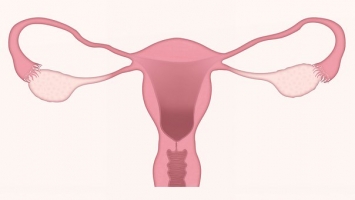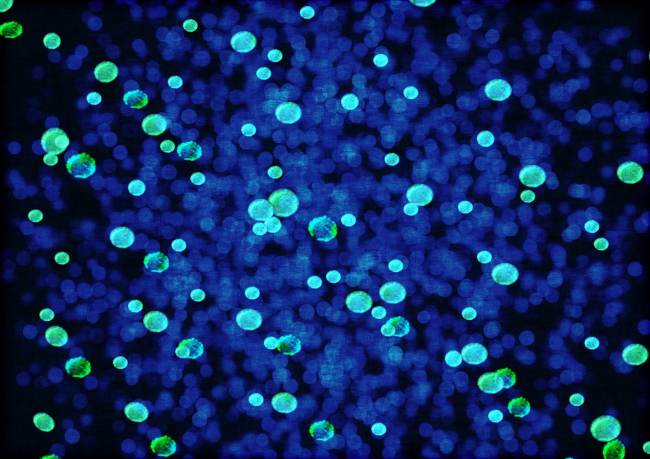Since publishing FERTILITY: Why Microbes, Weight & Nutrition Matter, I’ve remained attentive to the rapidly expanding research linking gut health to reproductive function. A recent review in the journal Life offers fresh insight into how the gut microbiota may play a central role in women’s reproductive and gynecological health.
This new research highlights that female fertility depends on a complex interplay of hormonal, metabolic, immune, molecular, and microbial factors. The gut microbiota, long recognized as a powerful regulator of systemic health, emerges here as a key player in maintaining this delicate equilibrium.
When that balance is disrupted—by poor nutrition, environmental toxins, inflammation, or microbial imbalance—the consequences can be far-reaching. As the authors explain,
“Perturbations in the gut–reproductive axis can lead to a vicious cycle of dysbiosis, immune dysregulation, hormonal imbalance, and fibrotic remodeling.”
Such disruptions often reinforce one another, forming self-perpetuating loops that contribute to infertility, implantation failure, or chronic gynecological disorders.
In particular, the review highlights how disruptions in gut microbiota can interfere with endometrial signaling pathways—the cellular communication systems that help regulate uterine receptivity, tissue regeneration, and implantation. When gut-derived inflammation or hormonal shifts disturb these signals, the endometrium may become less responsive or more prone to fibrosis, impairing its ability to support a healthy pregnancy.
The review also points to a necessary evolution in treatment strategies. Rather than narrowly targeting isolated symptoms, effective therapies will need to address the broader physiological network. As the paper states,
“Restoring fertility requires re-establishing physiological harmony through targeted modulation of host–microbiota communication and immune resilience.”
Although the body of evidence linking gut dysbiosis to reproductive issues is growing, much of it remains correlational. Future studies will need to focus on mechanisms and interventions that can clarify causation and unlock new pathways for precision reproductive care.





